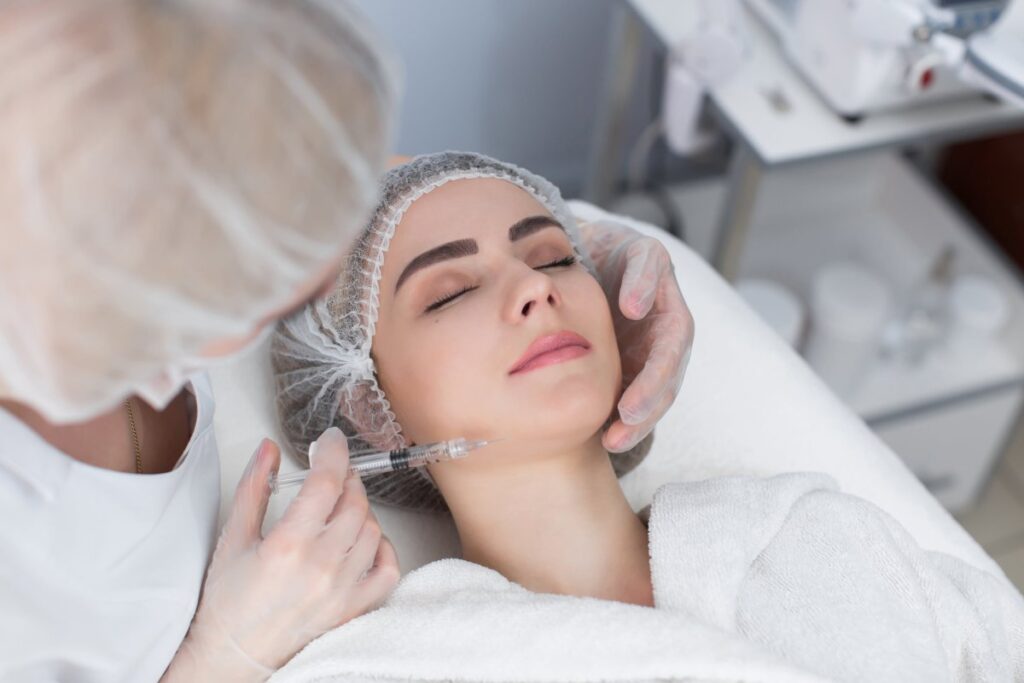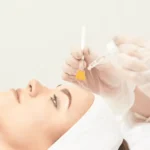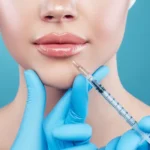THE WHAT Cast your mind back to early 2020. Did you think COVID-19 would be ‘all over by Christmas’ or were you more inclined to dig in for the long term? Two years on, with several countries grappling with a fourth wave and Omicron surging, the doomsayers aren’t looking so ridiculous and those who decided to ‘wait it out’ rather than pivot are struggling still as restrictions persist far longer than anyone predicted and the end of the pandemic proves elusive.
Responding to the pressures of 2021 required a different tack to 2019’s course and those still clinging to their former business models are floundering. After all, this isn’t back to business, it’s the new normal and for that, firms need a new plan.
THE DETAILS Over the course of the year, we’ve seen major beauty companies forced to back track, cutting sales forecasts, calling time on under-performing brands – and in some cases bowing out of entire sectors. The Estee Lauder Companies alone has wound down its Rodin Olio Lusso operations, shut up shop at Becca Cosmetics and tolled the knell on its Aramis and Designer Fragrances division.
Similarly, Shisiedo has waved goodbye to its prestige make-up brands, bareMinerals, BUXOM and Laura Mercier, ended its Dolce & Gabbana contract and pulled its Waso brand from the Japanese market.
And while both Lauder and Shiseido have posted double-digit growth this year, Revlon is yet to catch up with its 2019 self, let alone improve on it. In Q3 2019, sales stood at US$596.8 million, which puts its latest set of figures into perspective – the US owner of Elizabeth Arden may well have posted sales growth of 9.2 percent in Q3 2021 but the total stands at US$521.1 million.
And while Revlon’s struggles predate the pandemic, Chanel has no such excuse; its latest set of results were less than rosy. The French luxury brand is rumored to have cancelled dividend payments to its owners in both 2020 and 2021.
On the subject of shareholders, Unilever’s lack luster performance (sales inched up 2.5 percent in Q3 2021) has placed it on the radar of activist investor Nelson Peltz. For although the UK-based FMCG company has made some canny investments this year – it snapped up digitally native clean skin care brand, Paula’s Choice in June – is it a case of too little, too late?
Indeed, pre-pandemic, it’s undoubtedly true that many of the big beauty companies failed to see what the likes of Kylie Jenner saw; the future of shopping was in social and digital. Many had placed all their eggs in the high-growth travel retail and Chinese market baskets, leaving them exposed when lockdowns struck.
THE WHY Some have reacted quickly and future proofed their boardrooms – LVMH’s recruitment drive targeting the under 30s is one such example; as is AmorePacific’s pursuit of the ‘next China’;. Others have failed to diversify and continue to stick rigidly to long-term plans and are pinning all their hopes on the high growth channel, sector or market du jour – be it travel retail, skin care or China.
The fact is, China is still pursuing zero covid policy with repeated lockdowns (at the time of writing), meaning growth has slowed and travel remains subdued; companies needed to have a contingency in place yesterday – now is a time for agility not doggedly repeating what worked yesterday and expecting it still to work tomorrow.
Aesthetic injectable companies refer to businesses or companies that specialize in manufacturing, distributing, or providing aesthetic injectable products and services. These companies focus on developing and supplying injectable substances used for cosmetic purposes, typically administered by qualified medical professionals. Aesthetic injectable companies play a crucial role in the field of aesthetic medicine and cosmetic dermatology by offering a variety of injectable products designed to enhance facial features, reduce wrinkles, and improve overall skin appearance.
Key aspects of aesthetic injectable companies include:
-
Product Development: These companies research, develop, and manufacture aesthetic injectables such as dermal fillers, botulinum toxins (e.g., Botox), collagen stimulators, and other specialized formulations. They often innovate new products to meet evolving market demands and technological advancements.
-
Distribution and Sales: Aesthetic injectable companies distribute their products through authorized channels, including healthcare providers, medical spas, and aesthetic clinics. They may also sell directly to licensed professionals who administer these treatments.
-
Regulatory Compliance: Due to the medical nature of their products, aesthetic injectable companies adhere to strict regulatory guidelines and obtain necessary approvals from health authorities (e.g., FDA in the United States) to ensure safety, efficacy, and quality standards.
-
Training and Support: Many companies provide training and educational support to healthcare professionals on the proper use, administration techniques, and safety protocols associated with their injectable products. This ensures that practitioners can deliver treatments effectively and safely.
-
Customer Support: Aesthetic injectable companies offer customer support services to healthcare providers and consumers, addressing inquiries, providing product information, and assisting with product usage and troubleshooting.





